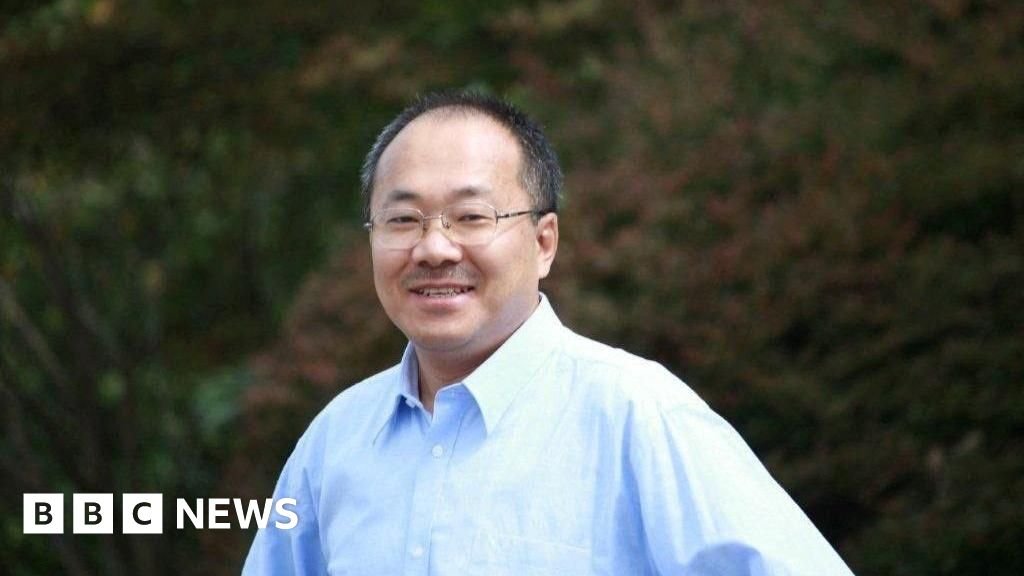In February 2022, Dong was arrested while having lunch with a Japanese diplomat the day after the end of the Beijing Winter Olympics at a restaurant where he often met with foreign friends.
The diplomat was also detained and released a few hours later amid protests from the Japanese government.
As part of his work, Dong regularly met with other journalists and foreign diplomats.
His family said in a statement that two other Japanese diplomats Don met with were named as “agents of the espionage organization” that the Japanese embassy is, according to the court order.
“We are shocked that the Chinese authorities would openly consider a foreign embassy a ‘spy organization,'” his family said in a statement.
“Today’s sentence is a grave injustice not only to Yuyu and his family, but also to every free-thinking Chinese journalist and every ordinary Chinese person committed to friendly relations with the world,” they added.
Security was tight at the Beijing court where Dong was sentenced on Friday, Reuters reported, as reporters were asked to leave and a diplomat said they were not allowed to attend the hearing.
“In the past, the Chinese judiciary has chosen Western holidays for news releases because it is a time when the public is focused on other issues,” the US National Press Club said in a statement Tuesday before Dong’s Thanksgiving night sentencing. in the USA.
While Dong’s trial was completed in July 2023, he was held in custody without trial and banned from seeing his family, the press club said.
Human rights activists and campaigners criticized his conviction and called for his release.
“The Chinese authorities must reverse this unjust sentence and protect the right of journalists to work freely and safely in China,” Bai Lih Yi, manager of Asia programs at the Committee to Protect Journalists, told Reuters.
“Dong Yuyu must be reunited with his family immediately.”
Dong joined Guangming Daily after graduating from Peking University Law School in 1987.
In 1989, he was one of tens of thousands of students who participated in the Tiananmen Square protests. He was later sentenced to hard labor but kept his job at the newspaper, according to a family statement.
He eventually became the deputy head of the editorial department and was one of the most vocal advocates of reform at Guangming Daily, the statement added.
He was a Nieman Fellow at Harvard University in 2007, Dong has also written several articles for the New York Times, and has previously been a visiting researcher and professor at several Japanese universities.

